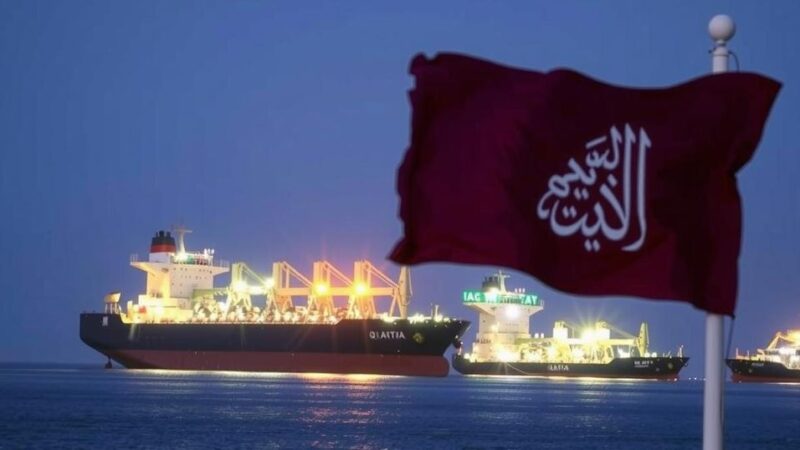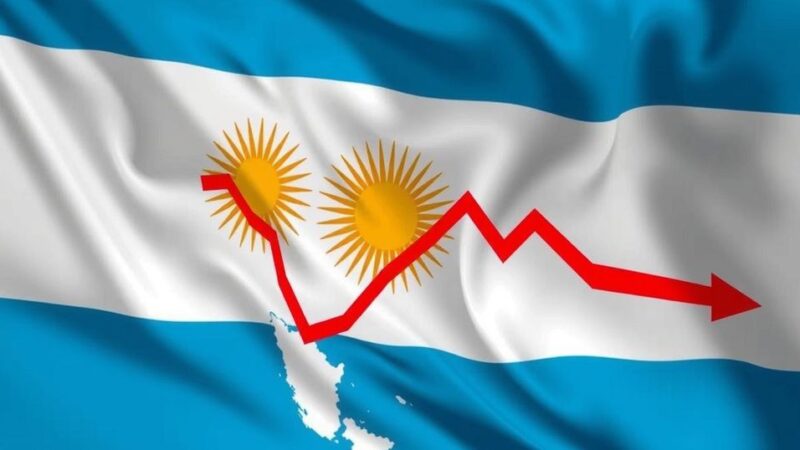The Democratic Republic of Congo has accused Apple of using conflict minerals from its war-torn eastern regions controlled by armed groups. Legal actions have been initiated in France and Belgium, alleging that these practices contribute to financing violence and child labor. Apple has stated its commitment to responsible sourcing, insisting it does not procure conflict minerals directly. Authorities are currently assessing the evidence for further legal actions.
The Democratic Republic of Congo has lodged criminal complaints in France and Belgium against various subsidiaries of Apple Inc., claiming the technology giant is involved in utilizing conflict minerals sourced from war-torn regions controlled by armed factions. Legal representatives for the Congolese government argue that Apple’s actions have contributed to the financing of militias, forced child labor, and serious environmental harm. In response, Apple asserts that it rigorously monitors its supply chain to ensure responsible sourcing and has implemented measures to trace the origin of its minerals. The authorities in France and Belgium are currently assessing whether sufficient evidence exists to warrant further legal proceedings.
Apple’s most recent report highlights its commitment to not sourcing conflict minerals directly, while ensuring all partners in its supply chain engage in independent audits. The eastern region of the Democratic Republic of Congo is rich in valuable minerals such as tin, tantalum, and tungsten, and the ongoing global demand for these resources has significantly exacerbated local violence and instability. Despite these allegations, Rwanda has downplayed the Congolese government’s claims, referring to them as a mere media stunt, and has denied any involvement in supplying conflict minerals to Apple.
The Democratic Republic of Congo (DR Congo) is noted for its abundant mineral resources, which have, regrettably, fueled numerous conflicts due to their exploitation by armed groups. These groups often control mines and engage in violent activities to maintain their hold on the lucrative trade in minerals such as tin, tantalum, and tungsten. The international community has increasingly focused on the ethical implications of mineral sourcing, as these ‘conflict minerals’ are implicated in financing violence, child labor, and environmental degradation. The situation has prompted global corporations, including tech giants like Apple, to implement stringent policies to avoid contributing to these human rights abuses.
In summary, the allegations by the Democratic Republic of Congo against Apple regarding the use of conflict minerals bring to light the complex issues surrounding the sourcing of materials in regions plagued by violence. While Apple maintains that it has implemented protocols to ensure ethical sourcing, the ongoing situation raises fundamental questions about corporate responsibility and the impact of global supply chains on conflict. As investigations proceed, the scrutiny on companies involved in mineral supply chains will likely intensify, emphasizing the need for transparency and accountability in business practices.
Original Source: www.bbc.com







